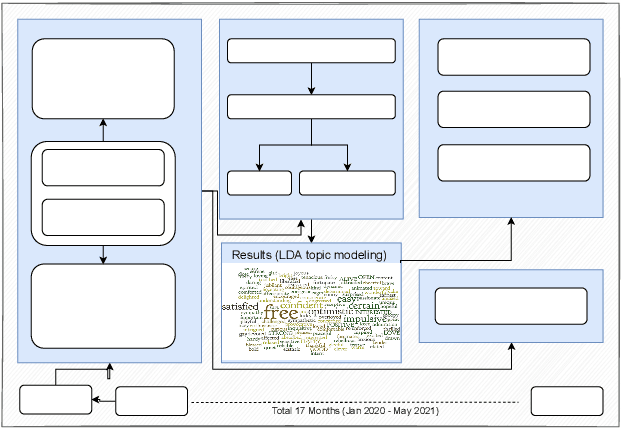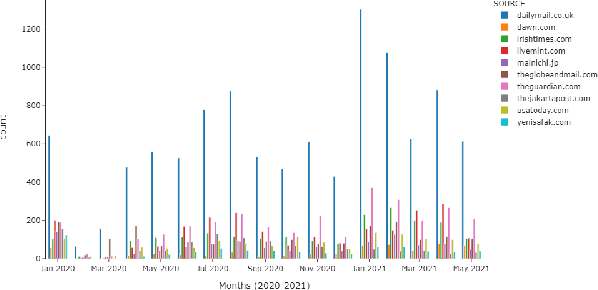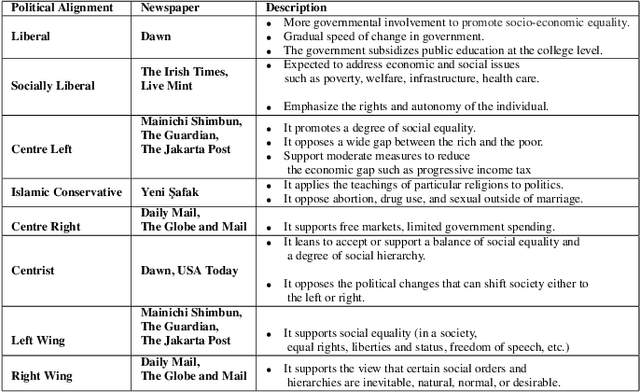Daniela Major
OEKG: The Open Event Knowledge Graph
Feb 28, 2023



Abstract:Accessing and understanding contemporary and historical events of global impact such as the US elections and the Olympic Games is a major prerequisite for cross-lingual event analytics that investigate event causes, perception and consequences across country borders. In this paper, we present the Open Event Knowledge Graph (OEKG), a multilingual, event-centric, temporal knowledge graph composed of seven different data sets from multiple application domains, including question answering, entity recommendation and named entity recognition. These data sets are all integrated through an easy-to-use and robust pipeline and by linking to the event-centric knowledge graph EventKG. We describe their common schema and demonstrate the use of the OEKG at the example of three use cases: type-specific image retrieval, hybrid question answering over knowledge graphs and news articles, as well as language-specific event recommendation. The OEKG and its query endpoint are publicly available.
Political and Economic Patterns in COVID-19 News: From Lockdown to Vaccination
Dec 15, 2022



Abstract:The purpose of this study is to analyse COVID-19 related news published across different geographical places, in order to gain insights in reporting differences. The COVID-19 pandemic had a major outbreak in January 2020 and was followed by different preventive measures, lockdown, and finally by the process of vaccination. To date, more comprehensive analysis of news related to COVID-19 pandemic are missing, especially those which explain what aspects of this pandemic are being reported by newspapers inserted in different economies and belonging to different political alignments. Since LDA is often less coherent when there are news articles published across the world about an event and you look answers for specific queries. It is because of having semantically different content. To address this challenge, we performed pooling of news articles based on information retrieval using TF-IDF score in a data processing step and topic modeling using LDA with combination of 1 to 6 ngrams. We used VADER sentiment analyzer to analyze the differences in sentiments in news articles reported across different geographical places. The novelty of this study is to look at how COVID-19 pandemic was reported by the media, providing a comparison among countries in different political and economic contexts. Our findings suggest that the news reporting by newspapers with different political alignment support the reported content. Also, economic issues reported by newspapers depend on economy of the place where a newspaper resides.
 Add to Chrome
Add to Chrome Add to Firefox
Add to Firefox Add to Edge
Add to Edge